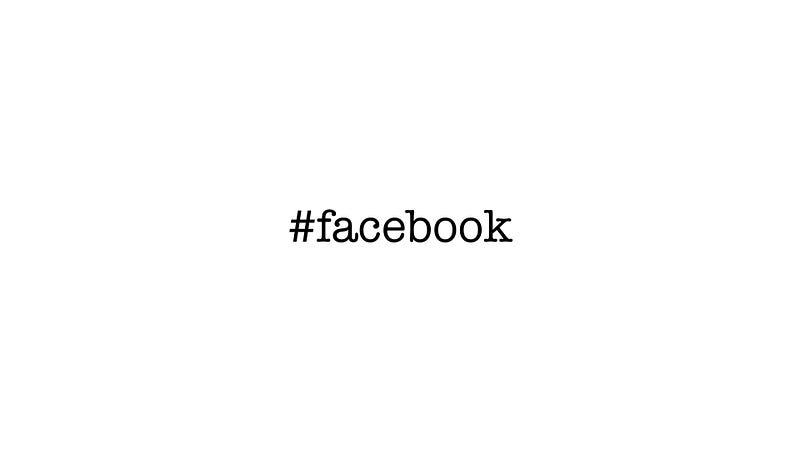I am receiving quite a few notifications on the Facebook mobile app (although I don’t look that often), asking me to do something with my mobile number, well I didn't think I had it on there, in fact I don’t have it on my profile, but in researching further I discovered it’s there in the background, stupid me. More about that in a bit, but first a few things to share for context.
I am not a big fan of Facebook and I am very suspicious of Mark Zuckerberg. He is exactly the same as any dictator who has ever lived and lied his way into becoming a billionaire, just think about it.
Facebook had 2.912 billion monthly active users as of January 2022, placing it 1st in ranking of the world’s most ‘active’ social media platforms. Nearly 3 billion people on the globe have happily shared their email and very likely their mobile number with Facebook. This data that we have so willingly shared is a forever unlimiting goldmine for Facebook, it’s shareholders and it’s advertisers. Facebook’s monthly active users equate to 36.8% of all the people on Earth today. I call that a pretty big dictatorship!
They (Facebook) have been accused of so many data crimes, but have never been prosecuted and nobody has gone to jail, okay they’ve had a few minor fines, which basically was pocket change for them. You can read the whole timeline of their crimes here: A timeline of trouble: Facebook's privacy record and regulatory fines, by Guild ~ 4 August, 2021
